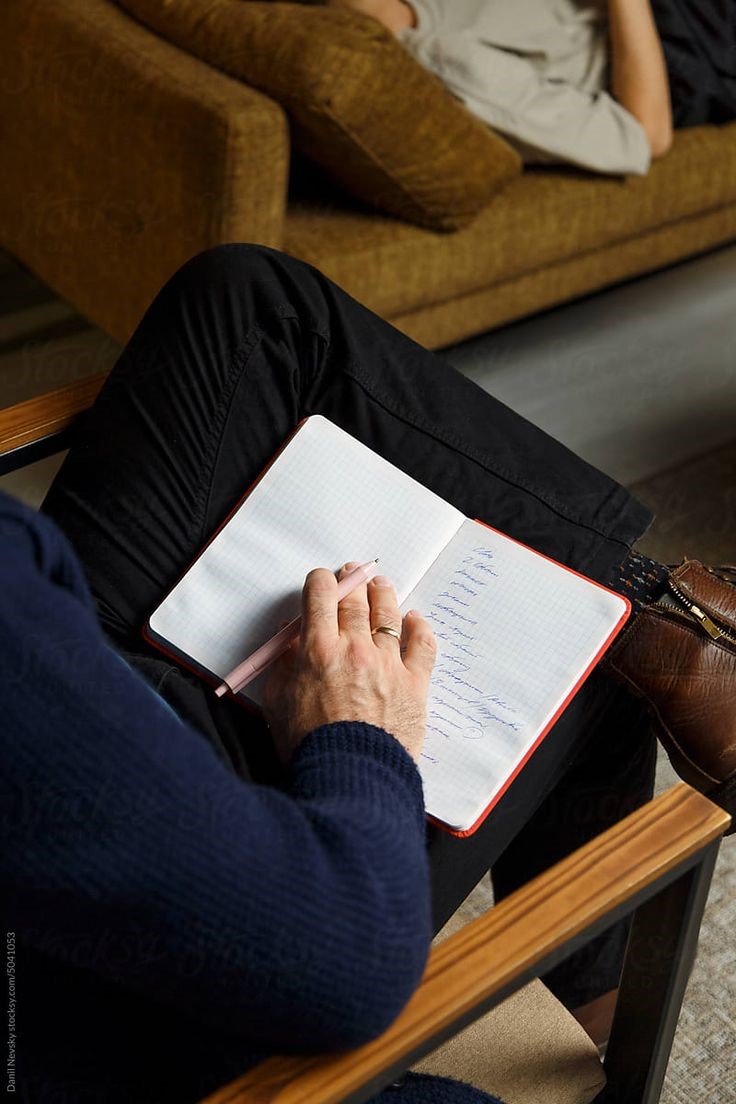
Addiction Counselling & Treatment
In addiction counseling and treatment, we try to meet the specific needs of individuals struggling with substance use disorders. These services are designed to help individuals understand their addiction, address underlying causes, and develop strategies for long-term recovery. Key offerings typically include:
Individual Counseling
One-on-one sessions with a licensed counselor or therapist to explore the root causes of addiction, address personal challenges, and develop coping strategies. This may include Cognitive Behavioral Therapy (CBT), or other therapeutic approaches
Group Therapy
Group sessions that provide a supportive environment where individuals can share experiences, gain insights, and offer encouragement to one another. These groups often focus on building peer connections and enhancing communication skills.
Family Counseling
Engaging the family in the recovery process, helping them understand addiction, repair relationships, and support their loved one's recovery journey. Family therapy can address codependency, communication issues, and other family dynamics.
Detoxification Services
Medically supervised detox programs to help individuals safely withdraw from substances. This is typically the first step in addiction treatment and may involve monitoring and medication to manage withdrawal symptoms.
Behavioral Therapy
Treatment techniques such as CBT, contingency management, or motivational interviewing that help individuals identify and change unhealthy behaviors associated with addiction.
Medication-Assisted Treatment (MAT)
For certain types of addiction (such as opioid or alcohol use disorders), MAT combines counseling and therapy with prescribed medications (e.g., methadone, buprenorphine, naltrexone) to help manage cravings and prevent relapse
Relapse Prevention Education
Teaching clients how to recognize triggers and develop strategies to avoid or manage situations that could lead to relapse. This may include coping mechanisms, stress management, and mindfulness practices.
Holistic Therapies
Complementary therapies such as yoga, meditation, art therapy, acupuncture, or nutrition counseling to promote overall well-being and mental health as part of the recovery process.
Aftercare and Continuing Support
Programs designed to support individuals after they leave the center, including alumni groups, continued therapy, and connections to community resources. Aftercare ensures clients have the ongoing support they need to maintain sobriety.
Life Skills Training
Developing practical skills for daily living, such as job readiness, financial management, communication, and time management, to help individuals reintegrate into society and lead fulfilling lives in recovery.
Religious or Spiritual Support
Some recovery centers offer faith-based counseling or spiritual guidance, helping individuals connect with their own spiritual practices or community as part of their healing.
These services, when combined, offer a comprehensive approach to addiction treatment, addressing both the physical and psychological aspects of addiction and helping individuals build the foundation for lasting recovery.
Counseling and Psychotherapy
Psychotherapy and counseling are interactions between a therapist and one or more clients. The purpose is to help the client with problems that may have aspects that are related to disorders of thinking, emotional suffering, or problems of behavior.
Art Therapy
An art therapy program uses creative processes like music, poetry, drawing, painting, or sculpture to help individuals express emotions, improve mental well-being, and address psychological challenges in a therapeutic setting.
Psychosocial Support
Psychosocial support is about helping individuals cope with, and overcome difficult life situations. Good psychosocial support is comprehensive and focuses on protection resilience and coping mechanisms.